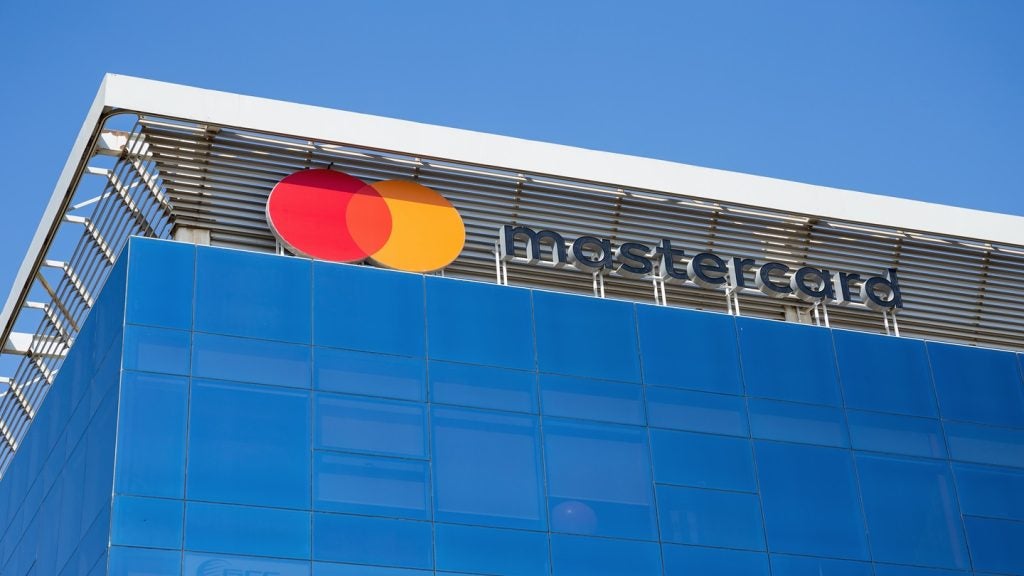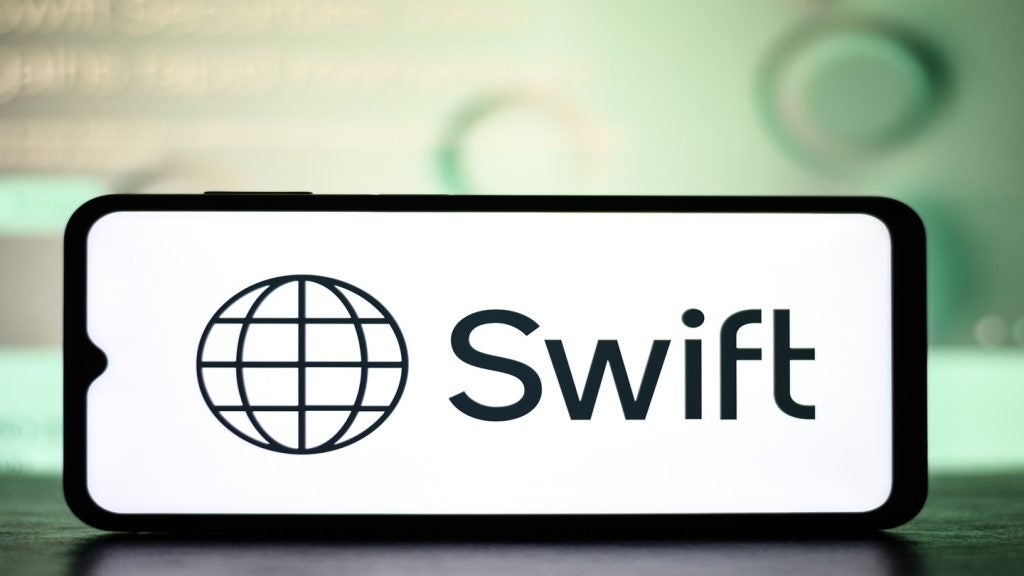Amazon.com woos online
merchants…
Western Union goes
mobile…
HSBC enters Mexican remittance
market…
Fiserv expands AT&T e-billing
reach…
No place to hide for US
merchants…
ONLINE PAYMENTS
Amazon.com woos online merchants
Internet retail giant Amazon.com is set to notch-up competition in
the online consumer payment space with the launch of two services,
Checkout by Amazon and Amazon Simple Pay
implementation for merchants on their websites and familiarity with
Amazon’s own online payment service used by its 76 million active
account holders.
customers use information from their Amazon.com account and other
websites powered by Amazon to complete purchases without having to
re-enter shipping address or payment information.
while specific to Checkout by Amazon is a complete range of
merchant services including tools to manage shipping charges, sales
tax, promotions and post-sale activities including refunds,
cancellations, and chargebacks. Merchants using Checkout by Amazon
can also opt to use the Fulfillment by Amazon service in which they
outsource the selection, packing and shipping of goods to
Amazon.
either service. For transactions of less than $10 merchants are
charged 5.0 percent of the value plus $0.05 per transaction while
for transactions of $10 or more the fee is 2.9 percent plus $0.30
per transaction. Volume discounts apply on a sliding scale.
MOBILE PAYMENTS
Western Union goes mobile
How well do you really know your competitors?
Access the most comprehensive Company Profiles on the market, powered by GlobalData. Save hours of research. Gain competitive edge.

Thank you!
Your download email will arrive shortly
Not ready to buy yet? Download a free sample
We are confident about the unique quality of our Company Profiles. However, we want you to make the most beneficial decision for your business, so we offer a free sample that you can download by submitting the below form
By GlobalDataAnnounced in October 2007, remittance service provider Western
Union’s Mobile Money Transfer Service, a key part of mobile phone
industry body the GSM Association’s (GSMA) mobile phone-based
payments initiative, has entered commercial services for the first
time. Partnering with Western Union is Philippine
telecommunications company Globe Telecom in a service that enables
consumers in Hawaii to transfer money to Globe subscribers in the
Philippines.
Hawaii to Globe’s GCASH subscribers for a fee of $4.50. Launched in
October 2004, GCASH enables its 1.5 million users to send and
receive cash, make purchases and bill payments via a short message
service.
initiative is to connect mobile service providers with Western
Union’s existing global money transfer system, which processes
about 17 percent of the world’s remittance volume.
more than 100 countries are participating in the GSMA
initiative.
REMITTANCES
HSBC enters Mexican remittance market
The $24 billion-a-year US-Mexico remittance market has gained a new
player: HSBC Credit Center (HCC), a unit of the North American
division of UK bank HSBC. Partnering with HSBC in the service is
Nexxo Financial Corporation, a remittance specialist focused on the
US Hispanic community, as is HCC.
California have been equipped with Nexxo’s patent-pending self
service remittance kiosks which will enable customers to remit
money to over 21,000 collection points and banking locations in
Latin America, including HSBC Mexico’s 1,400 branches.
customers either swipe their Nexxo card or enter their telephone
number, insert the cash to be remitted and retrieve a
receipt.
available at more than 100 of its own financial kiosks, or Cajeros,
which are primarily located in California, and, via an alliance
with self-service financial kiosk specialist TIO Networks, are
offered at a growing number of convenience stores.
available at more than 2,000 locations in California, Arizona and
Texas.
ONLINE PAYMENTS
Fiserv expands AT&T e-billing reach
In a move aimed at encouraging more of its customers to receive and
pay their bills electronically, US telecommunications company
AT&T has enlisted the services of financial services technology
developer Fiserv to make its AT&T eBill service available on
the websites of more than 3,000 financial institutions.
lets customers access their current statements online, customise
payment options and view archived service account histories.
convenience in how they view and pay their bills online,” said
AT&T Mobility director Brian Daly. “They enjoy the simplicity
of being able to manage their bills at their individual banking
service provider, so they can consolidate their finances in one
central location online.”
AT&T customers, its AT&T eBill service was used to pay 92
million bills online in 2007, an increase of 8.2 percent compared
with 2006.
REGULATION
No place to hide for US merchants
US President George W Bush has signed into law the American Housing
Rescue and Foreclosure Prevention Act which, though ostensibly
aimed at relieving problems in the US housing market, contains a
controversial section impacting electronic payments. The section
was on page 615 of the 631-page bill.
takes effect on 31 December 2010 and deals with payment card
information reporting.
Association, one of the strongest opponents of the section,
acquirers must report annually to the Internal Revenue Service the
aggregate dollar amounts of credit and debit card transactions for
each merchant that has more than $20,000 in transactions and more
than 200 transactions per year.
network transactions, such as those via PayPal, Amazon.com or
Google Checkout, which do not involve payment cards.
identification number, a requirement that has called into question
the increased risk of identity theft because many small businesses
use their Social Security number for tax identification.
to yield an additional $9.8 billion in tax revenue from merchants
over a ten-year period.
MOBILE BANKING
CASHplus goes mobile on Firethorn platform
Fundtech is to take its CASHplus corporate cash management solution
mobile. The move will provide business users with instant access to
their time-critical banking information and services, the US
banking software and service vendor’s executive vice-president,
global products, Brian Jou said.
internet based CASHplus mobile has been assigned to Firethorn, the
mobile banking unit of US wireless technology developer
Qualcomm.
platform, CASHplus users will be able to view account details,
transfer funds and initiate bill payments via a mobile
device.
authorisation, data encryption and two-factor authentication. In
addition a mobile phone can be disabled if it is lost or
stolen.
was its wide distribution among mobile operators which ensured
access to the largest number of business users, commented
Jou.
ATMs
Diebold trims its sails
As part of a rationalisation programme, US ATM manufacturer Diebold
has announced plans to close two units, one each in the US and
Germany. The rationalisation forms part of Diebold’s strategy to
eliminate $100 million in total costs by the end of 2008 and a
further $70 million in costs by mid-2010.
with its production shifting to Diebold’s Lexington plant. In turn
most of Lexington’s Opteva ATM production lines will be moved to
existing plants in China and Hungary.
and service support unit which employs about 50 people. As a reason
for its exit the company cited a lack of profitable growth
opportunities in an overcrowded market.
has completed rationalisation of its Opteva ATM range in North
America. This has entailed significantly reducing the number of
unique product configurations as part of the company’s goal to
transition from a built to order manufacturing model to what it
termed a ‘just-in-time’ model with a global capability for
post-production customisation.
MERGERS AND ACQUISITIONS
MoneyGram bolsters its position in Spain
With financial difficulties behind it, US remittance service
provider MoneyGram is on the expansion trail. For an undisclosed
sum MoneyGram has acquired money transfer companies MoneyCard World
Express and Cambios Sol, two money transfer companies affiliated
with its network in Spain.
Through the transactions MoneyGram has acquired about 500 agent
locations and a money transfer licence in Spain. According to
MoneyGram chief operating officer Tony Ryan the acquisitions are in
line with the company’s strategic priority to strengthen and
diversify its agent network globally.
million equity and $750 million debt re-capitalisation which left
investment bank Goldman Sachs and private equity firm Thomas H Lee
Partners effectively holding a 79 percent stake in
MoneyGram.
SECURITY
Commerce Media tackles online security
UK information security company Commerce Media has launched a two
factor authentication solution, Celo, which it claims is one of the
most cost effective available and addresses the demand for more
robust online security measures.
Ministry of Defence’s Disposal Services Authority, which sells
surplus military equipment, has become the first user of
Celo.
additional user hardware is required with the Celo solution. During
the login process the Celo user is automatically sent a one-time
user password (OTP) to their mobile phone, email account, or via
instant message.
is entered by the user. The user decides the length and complexity
of the password and its validation period, which could be a few
minutes, hours or days.
offers many key benefits including a reduced cost of implementation
as no special devices need to be distributed to users, user
familiarity with the technology, and, with the public’s general
reliance on their mobile phones, the continual availability of this
interface,” said Commerce Media managing director, and creator of
Celo, Michael Robertson.
ENVIRONMENTAL ISSUES
UK business urged to think green
Businesses intent on environmental responsibility can go a lot
further than shutting down computers at night and using more
carbon-efficient modes of transport, stressed Michael Chambers, MD
of UK payments processor Bacs Payment Schemes.
convert from cheque payments to automated debits, a view backed by
a study undertaken by Bacs in conjunction with consultancy Carbon
Footprint.
payment is made each month for a year the total amount of carbon
dioxide (CO2) emitted would be 591.36g. Using paper direct debits
in the same scenario would generate a total of 73.61g of CO2, eight
times less than paper cheques. Even more environmentally friendly
are paperless direct debits which would generate a total of 35.51g
of CO2, 16 times less than paper cheques.
PAYMENTS PROCESSING
Global Payments and HSBC strengthen ties
An already strong alliance between UK bank HSBC and US payment
processor Global Payments has been strengthened with the sale of
HSBC’s merchant acquiring business unit in the Philippines to their
joint venture (JV) Global Payments Asia-Pacific (GPA).
HSBC’ Philippines at $20 million.
acquisition equates to its 56 percent ownership interest in the JV,
or $11 million.
provide payment processing services to merchants in the Philippines
and will also be included in the current ten-year marketing
alliance agreement, in which HSBC refers new merchant customers
exclusively to GPA for payment processing services.
countries served by GPA to 11. Formed in July 2006 GPA’s existing
operations are in Brunei, Hong Kong, India, Macau, China, Malaysia,
Maldives, Singapore, Sri Lanka and Taiwan.
percent stake in HSBC’s UK merchant acquiring business to Global
Payments in June this year for $439 million in cash.
TRANSACTION PROCESSING
New player enters China’s online market
A Canadian company which has transformed itself from an internet
gaming software solutions developer into an online and prepaid card
payments specialist, Oxford Investments Holdings, has launched a
transaction processing service in China.
late-2006 in a joint venture with the Ko Ho Group, a Hong
Kong-based merger and acquisition specialist.
processing business in China is its range of proprietary prepaid
cards branded as FocusKard.
cards and single-use cash and gift cards.
access to what the company terms an ‘online eWallet’.
their eWallet account, transfer funds to and from eWallet
accredited merchants and other eWallet holders and withdraw funds
from their eWallet account.







